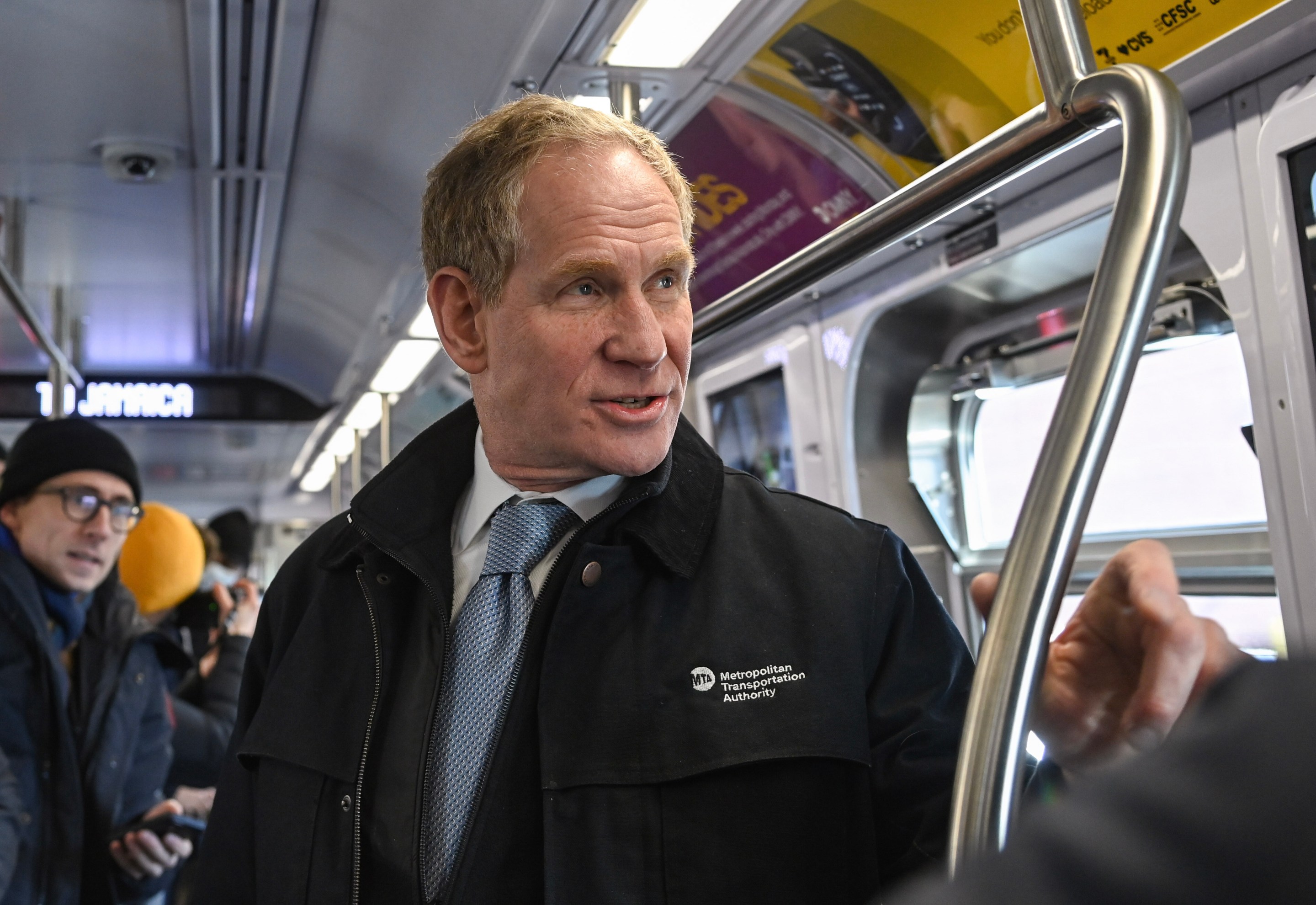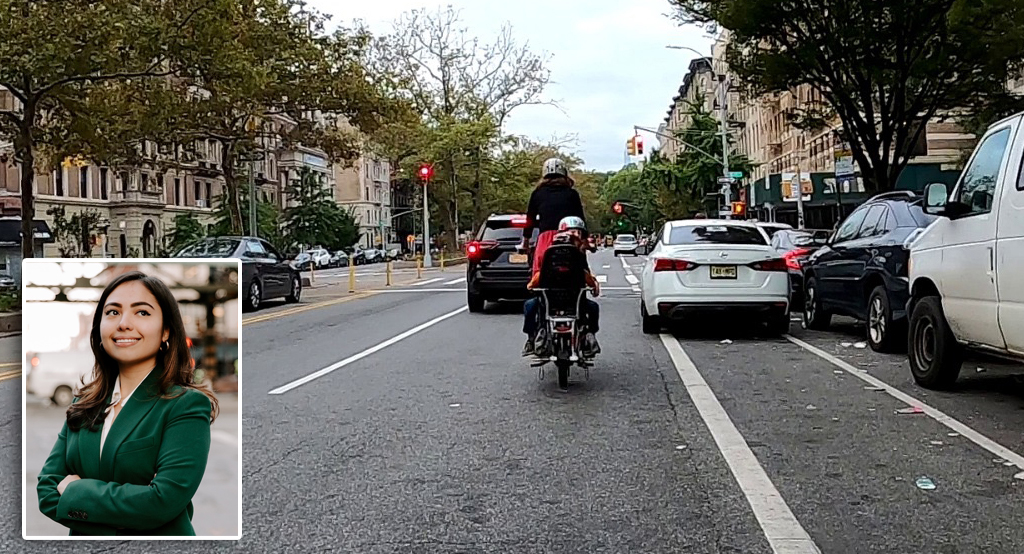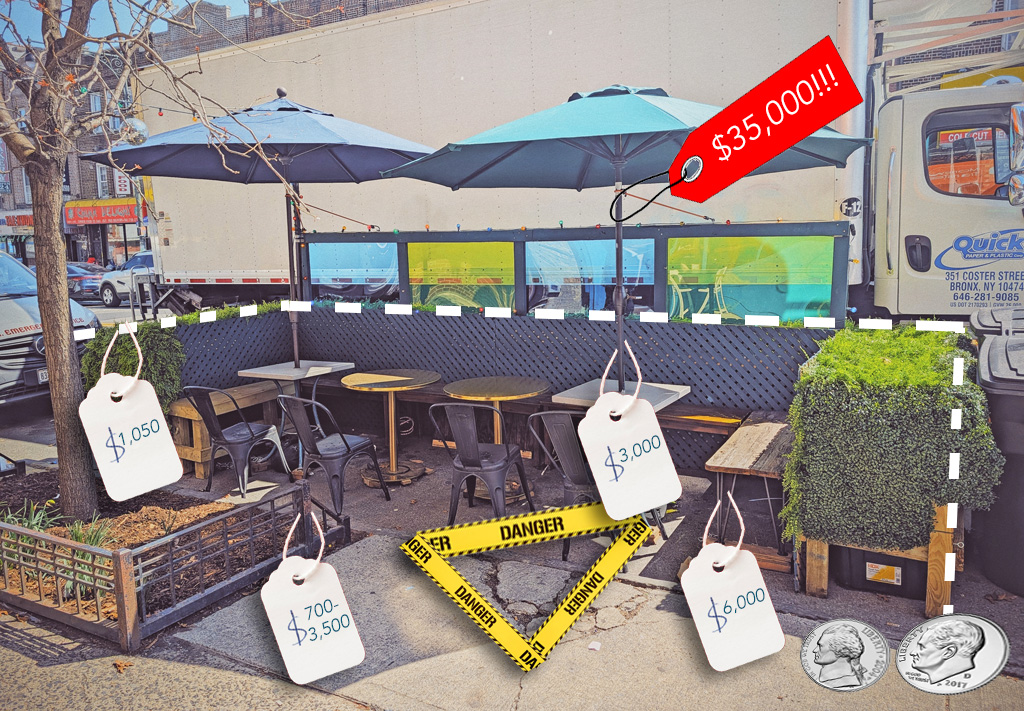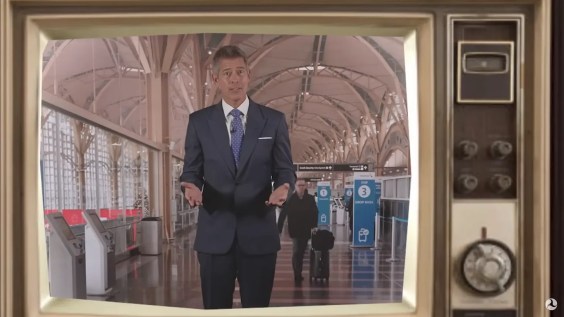The MTA could avoid hiking subway and bus fares to nearly $3 by next year if lawmakers come up with another $350 million in annual funding, its chairperson and CEO Janno Lieber said Monday.
Testifying before state lawmakers in Albany, Lieber justified the 5.5-percent hike in Gov. Hochul's proposed budget as a return to regular increases the MTA adopted every two years between the 2008 financial crash and the outset of the Covid-19 outbreak.
"Basically what you’re doing is restoring the very gradual fare increase that we skipped," the transit bigwig said. "The 5.5 percent would allow us to catch up with those 2-percent-per-year increases we had for about 10 years, which were abandoned for understandable reasons during Covid."
Pressed by lawmakers on how much his cash-strapped agency would need to keep costs to riders flat, Lieber said "about $350 million per year."
The MTA faces annual deficits of $3 billion in the coming years due to depressed revenue from ridership, which has not recovered from pre-pandemic levels.
Hochul's proposal would close that budget gap with the fare and toll hikes as well as an increase in the payroll mobility tax, a half a billion dollars from New York City, and up to $826 million in the future from three new downstate casinos.
The MTA paused its last scheduled fare and toll hikes in 2021 under former Gov. Andrew Cuomo, in order to encourage more riders back. Hochul continued the fare freeze when she took over the state's leadership that November.
At the time, Lieber warned that increased fares would discourage ridership — and inadvertently cut into revenues.
"We want people to come back," he said in November 2021. "Incentivizing people to come back means maintaining the pretty robust service that we have, and it also means that, for the time being, we need to stand on fare."
Subway and bus ridership stood at 62.2-percent of pre-Covid levels when Lieber made those comments, according to MTA figures, and has barely increased since — to 65.5 percent in the last month.
The MTA has not publicized any specific fare proposals, but a 5.5-percent increase on the base fare would raise the cost of a subway or bus trip from $2.75 to $2.90.
Lawmakers on Monday said the nation's largest mass transit agency needs enough funding to keep fares stable and run more service without offloading the cost on its overwhelmingly working class ridership.
"It is simply not acceptable to put the cost of a basic public good on the backs of working class New Yorkers," Queens Assembly Member Zohran Mamdani told Streetsblog.
Mamdani and his colleagues' own proposal, known as the "Fix the MTA" package, would freeze train fares, increase service to every six minutes during off-peak hours, and make buses free-to-ride.
On free buses, Lieber said officials should focus their efforts on expanded discount fare programs and warned of "unintended consequences."
The MTA's previous free bus experiment — a five-month period in the early days of the pandemic when the agency required riders to enter through the backdoor to avoid contact with drivers — was followed by an increase in fare evasion, Lieber warned.
"I don’t know if I’m ready to do an experiment of that scale on New York. People haven’t really thought about unintended consequences," he said. "I would prefer targeted affordability, [the city's] Fair Fares program and otherwise targeting affordability at the people who need it most."
Senate Deputy Leader Michael Gianaris, the upper chamber's number two who also pushed the Fix the MTA package, said Lieber shouldn't dismiss their proposals out of hand.
"I find it odd that the head of the MTA would insist on raising fares for hardworking straphangers while being dismissive of a proposal to fully solve the agency’s budget problems without further stressing New Yorkers’ wallets," Gianaris said in a statement.
Mamdani has said funding for the transit-boosting plan could come from proposals to raise taxes on the wealthy such as the Invest in Our New York act, which promises to rake in $40 billion a year.
"What we need to do is make up the revenue from this proposed fare hike by taxing the wealthiest New Yorkers, people for whom this cost would simply feel as if a penny on a dollar," he told Streetsblog.
The state is already flush with cash and should spend some of it on those squeezed the most by rising costs, said Assembly Member Jessica González-Rojas (D-Queens).
"New York is projected to have a surplus of over $8 billion in this upcoming state budget. There’s no reason why we can’t provide the MTA with the additional money necessary to stave off another fare hike," she said in a statement.
"My constituents are feeling the economic burden of the cost of living crisis every day, and I am adamantly opposed to making them pay any more for basic services."
Lieber's comments about fares and service came as part of a broad-ranging joint budget hearing on transportation by the state Senate and Assembly, that also included these noteworthy revelations:
- Hochul's $150-million budget allocation for "additional MTA safety personnel" includes an expansion of the agency's Eagle unit, unarmed officers that patrol buses for fare evasion
- That money will also fund cameras and sensors to combat track trespassers
- The OMNY tap payment system will come to the Roosevelt Island Tram in the second half of this year.
- Oh, and Lieber still has no good answer on how to keep cops out of bus lanes and bus stops, as Assembly Member Emily Gallagher proved:
🚌 @GovKathyHochul's budget includes expanding automated bus-mounted camera enforcement to stop bus/bike lane obstruction. Blocked lanes slow commutes + create dangerous conditions. I asked the @MTA what happens when it catches parked NYPD cars or city employees blocking lanes. pic.twitter.com/o3cMwD3Fwr
— Emily Gallagher (@EmilyAssembly) February 6, 2023






